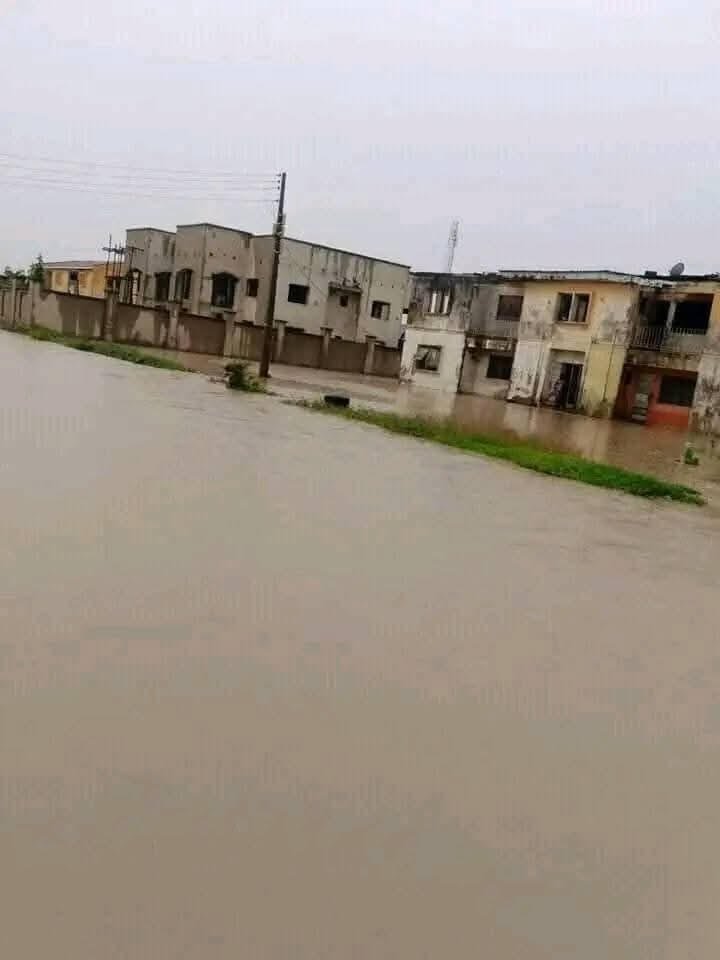
Dr. Perpetual Uhomoibhi
By Gom Mirian
Nigeria’s Federal Ministry of Health has given reasons why the country could not apply for the RTS, S/AS01 malaria vaccine, as the first application window for the vaccine closed.
In 2021, the World Health Organization (WHO) recommended widespread use of the RTS/AS01 (RTS, S) malaria vaccine among children under the age of five in sub-Saharan Africa and other regions with moderate to high plasmodium falciparum malaria transmission.
The vaccine acts against plasmodium falciparum, the deadliest malaria parasite globally, and most prevalent in Africa.
WHO’s World Malaria Report 2021 shows that Nigeria accounts for over half of all malaria deaths globally at 31.3% closely followed by the Democratic Republic of Congo with 12.6%, the United Republic of Tanzania (4.1%), and Niger (3.9%) respectively.
In an interview with Africa Health Report, AHR, in Abuja, on Tuesday, the Director and the National Coordinator of the National Malaria Elimination Programme (NMEP) of the Federal Ministry of Health, Dr. Perpetual Uhomoibhi, said all the necessary efforts required were deployed to ensure Nigeria met the first window of application in February but unfortunately missed out by the time it was submitted.
Dr. Uhomibhi is optimistic that Nigeria will meet the second application window in April this year and says the country is expecting one million doses of the RTS, S vaccines in the last quarter of 2024 or early 2025.
According to her, “What happened was that from the beginning RST, S vaccines were piloted in three African countries, Nigeria was not one of them, and that is a different issue.
“WHO and GAVI decided which countries they were going to pilot and these were Ghana, Kenya, and Malawi.
“And so when the clinical trials were concluded and the result released by WHO, those countries were prioritized as part of the process following the pronouncement by the WHO that the vaccine can be used and the three piloted countries were prioritized when the vaccine becomes available in 2024. Those three countries will be first prioritized and then other countries will follow based on certain criteria that they said but those countries will have to put in an application to GAVI to be able to access this vaccine.
“So, Nigeria of course also put together a team working with the National Primary Healthcare Development Agency and other technical partners to put in our application and the first window of application was to be February this year, but unfortunately, we missed that window of application even though we had packaged the request and the minister of health had signed and everything. By the time it was submitted we had missed that window.
“However, we are aiming for the next window of application which is April this year for us to submit our application.
“But at the same time, countries have been allocated vaccine doses in line with those certain criteria which include high burden. Because Nigeria has the highest burden of malaria globally, we are part of the next set of the countries that would be prioritized following those three countries which were naturally prioritized to get the first doses following that the next set was the high burden, moderate to high transmission countries of which Nigeria falls into.
“So, on that basis, we are expecting that we will be the next set of countries to be considered once our funding request is received and our allocation has actually been made.
“Initially they told us Nigeria will get one million doses once we have submitted the application and that one million doses are equivalent to about 250 thousand children because each child is supposed to get four doses of malaria vaccine along with the immunization schedule up to the age of 2 years.
“This vaccine has been rationed and the doses that are available globally are very limited and the high-burden countries are many so they are rationing this set of vaccines until they have increased production.
“So, we are expecting that once we push through with the application, they will allocate that one million doses to us accordingly. We are expecting it by maybe the last quarter of 2024 or early 2025.”


